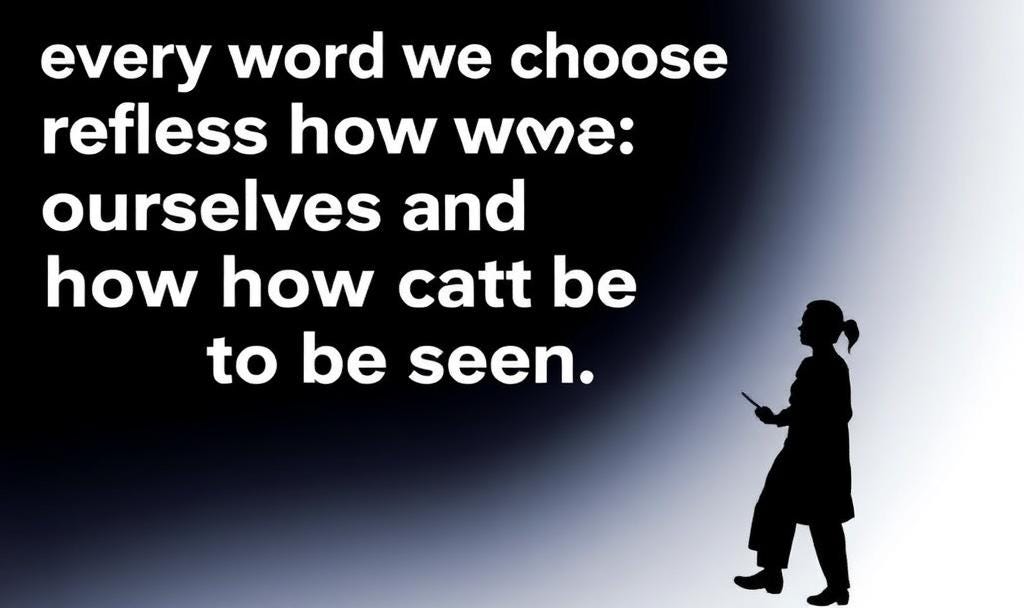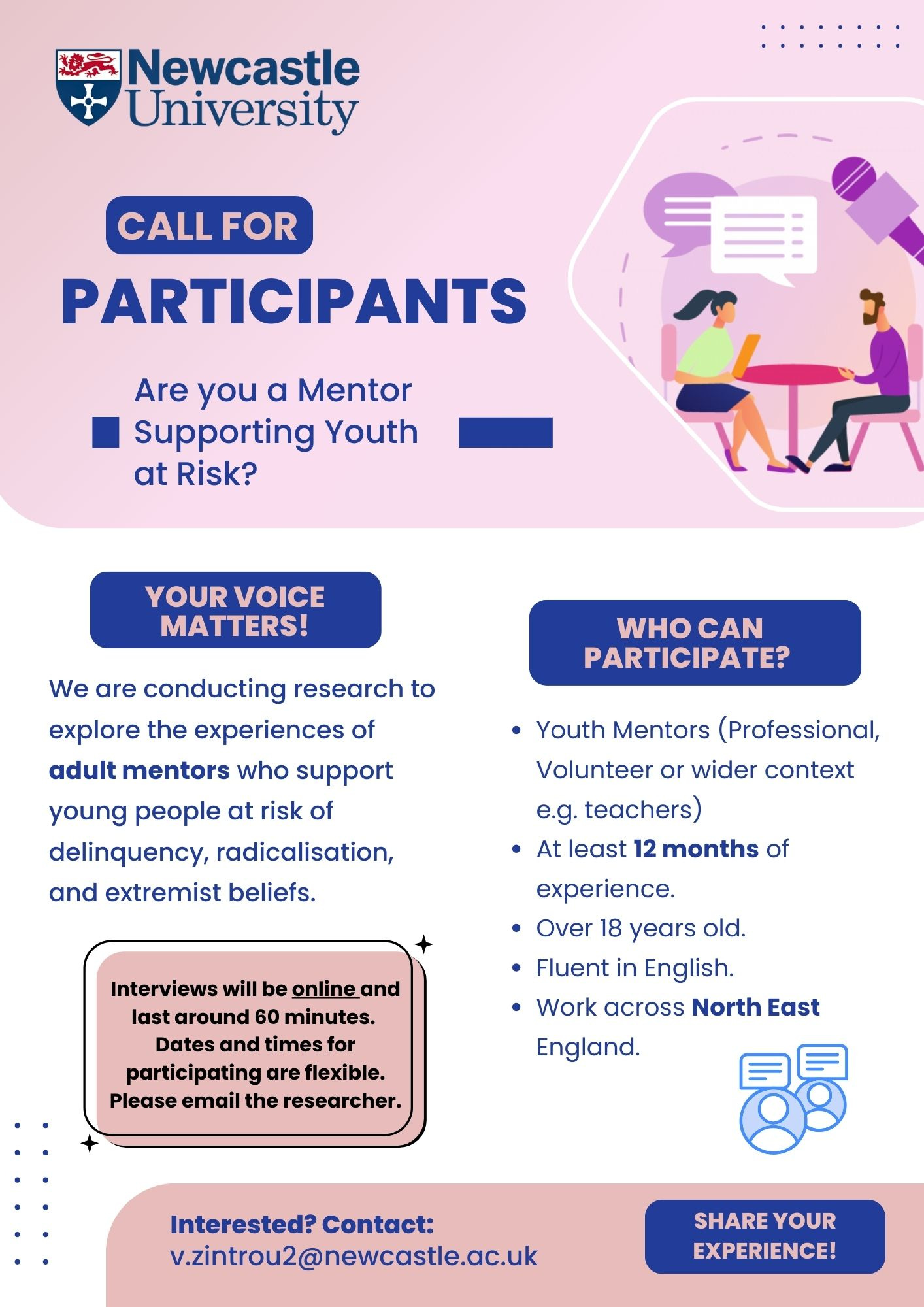🧠 In this Edition, you'll find:
✍️ Writing as a Psychological Act
Exploring writing as an intentional, goal-driven behaviour.🔬 Participant Call-Out: Student Research Studies
Details of a current research project led by one of my students, including how you can take part and what the study involves. There is also another project carried out by another former student from Newcastle University on adult mentors supporting young people.
Is Writing a Psychological Act?
One question that’s been lingering in my mind lately is this:
Is writing a psychological act? 🤔
It may sound like a straightforward question, but the more I sat with it, the more I realised just how layered and deeply human this act really is.
💭 Writing Beyond the Words
In my day-to-day, whether I’m reading student work, reviewing journal articles, or examining PhDs, writing surrounds me. But beyond deadlines and formatting, I’ve been wondering: What’s really happening when we write?
Back in 1959, sociologist Erving Goffman spoke about self-presentation and how we “perform” who we are. Through writing, we’re not just sharing information — we’re expressing identity. Every word we choose reflects how we see ourselves and how we want to be seen.
🧠 Writing as Self-Discovery
When we write, especially about complex or emotional topics, we’re often doing more than just ‘communicating’ — we’re exploring ourselves.
Sometimes, I write to figure things out — not because I already know. That in itself is a deeply psychological process. Writing helps us process our thoughts, shape our beliefs, and, in many cases, regulate our emotions. 🌀
🌍 Social & Cultural Layers
Let’s not forget — writing isn’t done in isolation. Our words are shaped by:
Where we grew up
Who we learned from
The languages and expressions that surrounded us
Our social and cultural environments influence our vocabulary, tone, and even our confidence to express certain ideas. That’s identity work in action.
🧩 Metacognition: Thinking About Thinking
I first came across the concept of metacognition — “thinking about thinking” — during my undergrad years, and it’s stuck with me ever since.
Writing often forces us to reflect on our own thought processes. It’s this metacognitive activity that makes writing such a powerful psychological tool. It’s like your brain is holding a mirror up to itself 🪞— an internal feedback loop that sharpens how we think.
⚠️ Motivation, Barriers & Echo Chambers
Let’s be honest, writing isn’t always easy. Especially during my PhD, I often hit psychological roadblocks:
“Am I good enough?”
“Will this make sense?”
“What if I get it wrong?”
These are not just writing struggles — they’re identity and motivation struggles. The barriers we face are rooted in self-belief, control, and perceived capability.
And sometimes, surrounding ourselves with people who think exactly like us (hello, echo chambers 📢) doesn’t help. Our thinking needs friction. We grow more when we write in response to challenges, alternative perspectives, and questions we haven’t answered yet.
🔍 Let Your Brain See the Barriers
One strategy I’ve found useful: Write the block itself.
Let your brain “see” what’s holding you back.
When you give shape to the barrier — even in messy first-draft words — your mind can recalibrate and start working through it. It’s a little like debugging your own thoughts. I often do this when I’m stuck — and honestly, I’m doing it right now with this blog post.
✨ Final Reflections
So… is writing a psychological act?
In my view, absolutely. It’s cognitive, emotional, and social. It reflects who we are, what we care about, and how we process the world.
I’m actually thinking about doing a deeper dive on this topic using a psychological theory — maybe the Theory of Planned Behaviour — to explore how our intentions and beliefs influence how (and why) we write. Stay tuned for that! 👀
And if this post got you thinking — or if you completely disagree — I’d love to hear from you. Drop your thoughts in the comments, or pose a question. I genuinely enjoy reading your reflections. 💬
🔍 Want to see how research happens?
From time to time, my current, past students and colleagues are looking for participants to help with their research projects. If you're curious about how psychological research is conducted, want to contribute to new knowledge, or just fancy getting involved, feel free to explore the opportunity below.
Check out the study and contact the researcher directly using the details provided. Your participation can make a real difference!
🔍 Participant Call-Out – MSc Psychology Research Study :
Are you aged 18 or over, living in London or Surrey, and fluent in English?
A research project exploring how psychological safety and confidence in doctors may differ across genders and religious groups. The study is part of a Master’s project at the University of Westminster and has full ethical approval.
📝 Participation involves a brief 5–10 minute online questionnaire, including:
Basic demographic info (age, gender, religion—if any)
Questions about trust in physicians
Your sense of psychological safety with healthcare providers
Your responses are anonymous, voluntary, and you can exit at any time.
👉 If you're eligible and would like to contribute to important health psychology research, click here to part
📩 For more info, contact the researcher: w2074397@westminster.ac.uk
✅ Approved by the University of Westminster Psychology Ethics Committee
This research project is exploring mentors' experiences and perspectives on youth radicalisation and extremist beliefs.
This research takes a broad and inclusive view of what it means to be a mentor, recognising anyone in a supportive, guiding role with young people, especially those who are vulnerable or at risk of (re)offending.
The project is particularly interested in understanding how the involvement of mentors can influence young people’s beliefs, behaviours, and development.
If you work with youth or have insights in this area, then get in touch with the details provided on the flyer.












